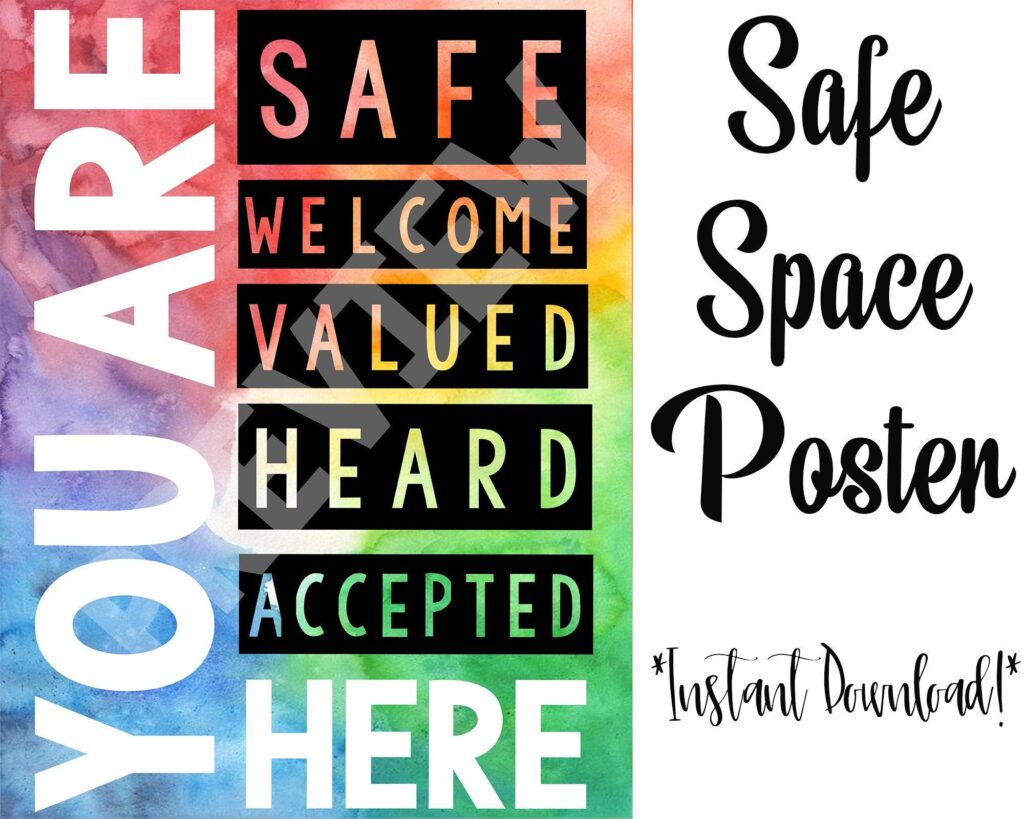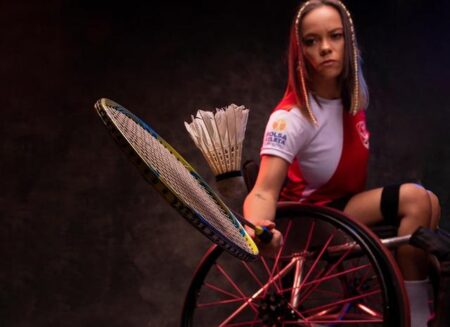Creating safe spaces in recreational sports has become a critical focus as awareness of mental health challenges grows within athletic communities. The Sport Information Resource Centre (SIRC) highlights the importance of fostering environments where participants feel supported, respected, and free from stigma. This article explores key strategies and insights aimed at promoting mental well-being in recreational sport settings, underscoring how inclusive, empathetic spaces contribute not only to individual health but also to stronger, more resilient teams.
Building Trust and Open Communication in Recreational Sport Environments
Fostering a culture where everyone feels heard and valued starts with intentional efforts to build trust among participants, coaches, and staff. Creating an environment where individuals can openly share their experiences and emotions without fear of judgment or reprisal is essential for mental well-being. Active listening, consistency in actions, and demonstrating genuine empathy lay the groundwork for a supportive atmosphere. Coaches and leaders play a pivotal role by modeling vulnerability, encouraging questions, and validating feelings – practices that normalize conversations around mental health in recreational settings.
Practical strategies can help embed open communication deeply into the sport culture. Consider implementing:
- Regular check-ins: Brief, informal meetings to touch base on participants’ mental state beyond physical performance.
- Anonymous feedback channels: Spaces where athletes can express concerns or suggestions confidentially.
- Peer support groups: Encouraging team members to share experiences and strategies for managing stress and anxiety.
| Communication Strategy | Purpose | Impact |
|---|---|---|
| Active Listening | Encourages openness | Builds rapport and trust |
| Anonymous Feedback | Allows safe disclosure | Surfaces hidden issues |
| Peer Support | Promotes empathy | Reduces stigma |
Addressing Stigma and Promoting Mental Health Awareness Among Athletes
Stigma surrounding mental health remains one of the most significant barriers preventing athletes from seeking help. In high-performance environments, the pressure to appear resilient often discourages open conversations about emotional struggles. Tackling this requires shifting team culture toward empathy and understanding, which can be achieved through targeted education and leadership endorsement. Coaches, teammates, and support staff must be equipped with the knowledge and tools to recognize warning signs and foster a non-judgmental atmosphere. When mental health is normalized rather than marginalized, athletes feel empowered to access support without fear of being perceived as weak.
Organizations investing in awareness initiatives see tangible benefits, from improved athlete well-being to enhanced performance consistency. Key strategies include:
- Workshops and seminars that demystify mental health topics and debunk myths.
- Peer support programs creating networks where athletes can share experiences confidentially.
- Accessible mental health resources including counseling and digital tools tailored for sport contexts.
| Strategy | Impact | Examples |
|---|---|---|
| Education & Training | Increased awareness, reduced stigma | Workshops, online modules |
| Peer Support | Stronger community bonds | Mentorship, support groups |
| Resource Accessibility | Timely intervention | Counseling services, apps |
Implementing Training and Resources for Coaches and Volunteers
To effectively foster environments where mental health is prioritized, it’s essential to equip coaches and volunteers with comprehensive training and accessible resources. This approach not only increases awareness of mental health challenges but also builds the confidence needed to respond appropriately. Key components of such training include understanding trauma-informed practices, recognizing early warning signs of mental distress, and learning communication strategies that promote openness and trust.
Essential training topics should cover:
- Emotional literacy and empathy development
- Safe intervention techniques
- Creating inclusive team cultures
- Referral pathways to mental health professionals
| Training Module | Duration | Outcome |
|---|---|---|
| Mental Health Awareness | 3 hours | Recognize signs and reduce stigma |
| Trauma-Informed Coaching | 4 hours | Implement trauma-sensitive strategies |
| Communication Skills | 2 hours | Enhance supportive dialogue |
Combining interactive workshops with digital toolkits ensures continuous learning and practical application. Regular refresher sessions help maintain momentum and adapt to evolving community needs. Furthermore, involving mental health experts in training development and delivery guarantees content accuracy and relevance. This approach cultivates a network of empowered coaches and volunteers capable of sustaining mental health-positive environments within recreational sport settings.
Creating Inclusive Policies to Support Diverse Athlete Needs
Sport organizations must prioritize the development of policies that recognize and accommodate the varied backgrounds, abilities, and mental health needs of athletes. Tailoring support systems to reflect these diverse realities encourages trust and belonging, which are essential for both performance and wellbeing. Key components of effective policies include flexibility in training schedules, access to culturally competent mental health professionals, and clear anti-discrimination protocols that uphold respect for all identities.
Implementing these frameworks requires ongoing collaboration between sport leaders, mental health experts, and athletes themselves. Transparency and education around policy details further enhance their impact, empowering participants to seek help without stigma. Below is a concise overview of strategic policy elements that bolster inclusivity within recreational sport environments:
- Adaptive Training Options: Allowing modifications based on individual mental and physical needs
- Confidential Mental Health Support: Ensuring private and immediate access to qualified counselors
- Diversity and Sensitivity Workshops: Educating coaches and athletes on unconscious bias and inclusion
- Complaint and Feedback Mechanisms: Safe avenues for reporting concerns without fear of reprisal
| Policy Aspect | Purpose | Example Measure |
|---|---|---|
| Flexible Scheduling | Support varied energy and mental health fluctuations | Option for reduced training days during high-stress periods |
| Cultural Competency Training | Enhance understanding of diverse identities | Mandatory annual workshops for all coaching staff |
| Anonymous Feedback Channels | Encourage open communication on sensitive topics | Online reporting portal with guaranteed confidentiality |
The Way Forward
Creating safe spaces in recreational sport is more than just a goal-it’s an urgent necessity. As awareness around mental health continues to grow, sport organizations, coaches, and participants alike must prioritize environments that foster inclusion, respect, and emotional well-being. By implementing thoughtful policies, providing education, and promoting open dialogue, the recreational sport community can become a powerful platform for positive mental health outcomes. Moving forward, the challenge will be to sustain these efforts and ensure that every individual feels supported both on and off the field. For more insights and resources on building mental health-friendly sports environments, stay connected with SIRC and join the conversation around creating safer, more welcoming spaces for all.





